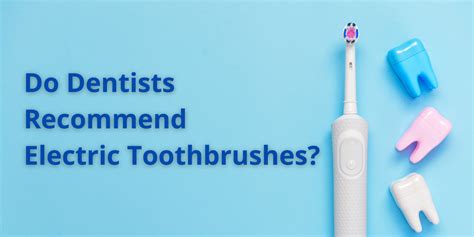The quest for the perfect toothbrush has led many of us to wonder if cushion grip toothbrushes are the way to go. With the rise of various toothbrush designs and technologies, it's essential to understand what dentists recommend for optimal oral health. In this article, we'll delve into the world of cushion grip toothbrushes and explore their benefits, drawbacks, and dentist recommendations.
Oral Health and Toothbrushes: A Brief Overview
A healthy smile starts with good oral hygiene, and toothbrushes play a crucial role in this process. The American Dental Association (ADA) recommends brushing teeth at least twice a day for two minutes each time to remove plaque, bacteria, and food particles. However, the type of toothbrush used can significantly impact the effectiveness of oral hygiene.
What are Cushion Grip Toothbrushes?
Cushion grip toothbrushes are designed with a unique handle that features a cushioned grip, typically made of soft rubber or ergonomic materials. This design aims to provide a comfortable hold, reducing fatigue and strain on the hand and wrist during brushing. The cushion grip is often accompanied by a small head and soft bristles, which are gentle on teeth and gums.
Benefits of Cushion Grip Toothbrushes
- Ergonomic design: Cushion grip toothbrushes are designed to fit comfortably in the hand, reducing strain and fatigue during brushing.
- Gentle on gums: The soft bristles and cushioned grip make these toothbrushes gentle on gums, reducing the risk of irritation and bleeding.
- Easy to maneuver: The small head and ergonomic design make it easy to reach all areas of the mouth, including the back sides of molars.
- Reduced pressure: The cushion grip helps to reduce pressure on teeth and gums, which can be beneficial for people with sensitive teeth or gums.
Drawbacks of Cushion Grip Toothbrushes
- Limited availability: Cushion grip toothbrushes might not be as widely available as other types of toothbrushes, making it harder to find them in stores or online.
- Higher cost: Some cushion grip toothbrushes can be more expensive than regular toothbrushes, which might be a deterrent for some consumers.
- Replacement heads: Depending on the brand and model, replacement heads for cushion grip toothbrushes might be harder to find or more expensive than regular toothbrush heads.
Dentist Recommendations
While cushion grip toothbrushes have their benefits, dentists recommend choosing a toothbrush that meets the following criteria:
- ADA Seal of Acceptance: Look for toothbrushes with the ADA Seal of Acceptance, which indicates that the product has met certain standards for safety and effectiveness.
- Soft bristles: Soft bristles are gentle on gums and teeth, reducing the risk of irritation and bleeding.
- Small head: A small head allows for easy maneuverability and access to all areas of the mouth.
- Comfortable handle: A comfortable handle can reduce fatigue and strain during brushing.
Some popular toothbrushes that meet these criteria include:
- Oral-B Pro-Expert
- Philips Sonicare ProtectiveClean
- Colgate Total
Image:

Conclusion
Cushion grip toothbrushes can be a great option for those looking for a comfortable and gentle brushing experience. However, it's essential to remember that dentists recommend choosing a toothbrush that meets certain criteria, including the ADA Seal of Acceptance, soft bristles, a small head, and a comfortable handle. While cushion grip toothbrushes have their benefits, they might not be the best option for everyone. Ultimately, the best toothbrush is one that you feel comfortable using and that helps you maintain good oral hygiene.
Gallery of Toothbrushes:





FAQ Section:
What is the best type of toothbrush for oral health?
+The best type of toothbrush for oral health is one that meets the ADA Seal of Acceptance criteria, has soft bristles, a small head, and a comfortable handle.
Are cushion grip toothbrushes suitable for people with sensitive teeth or gums?
+Yes, cushion grip toothbrushes can be suitable for people with sensitive teeth or gums due to their gentle design and soft bristles.
How often should I replace my toothbrush?
+It's recommended to replace your toothbrush every 3-4 months or sooner if the bristles become frayed.
